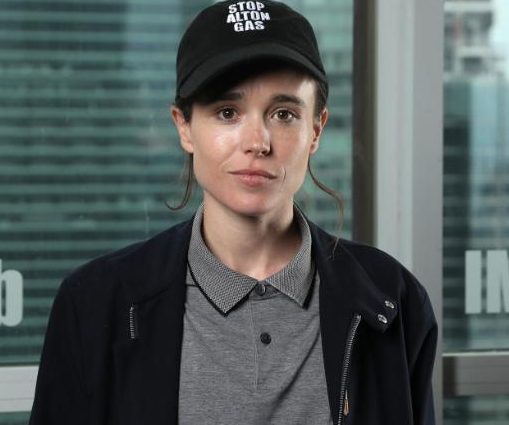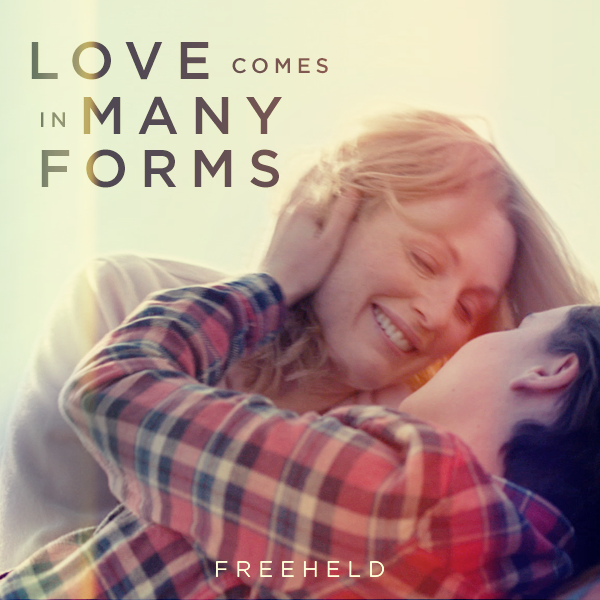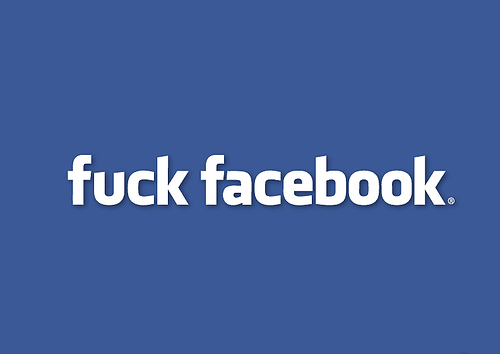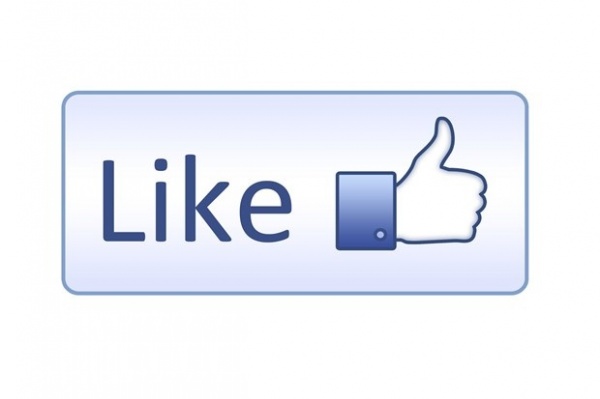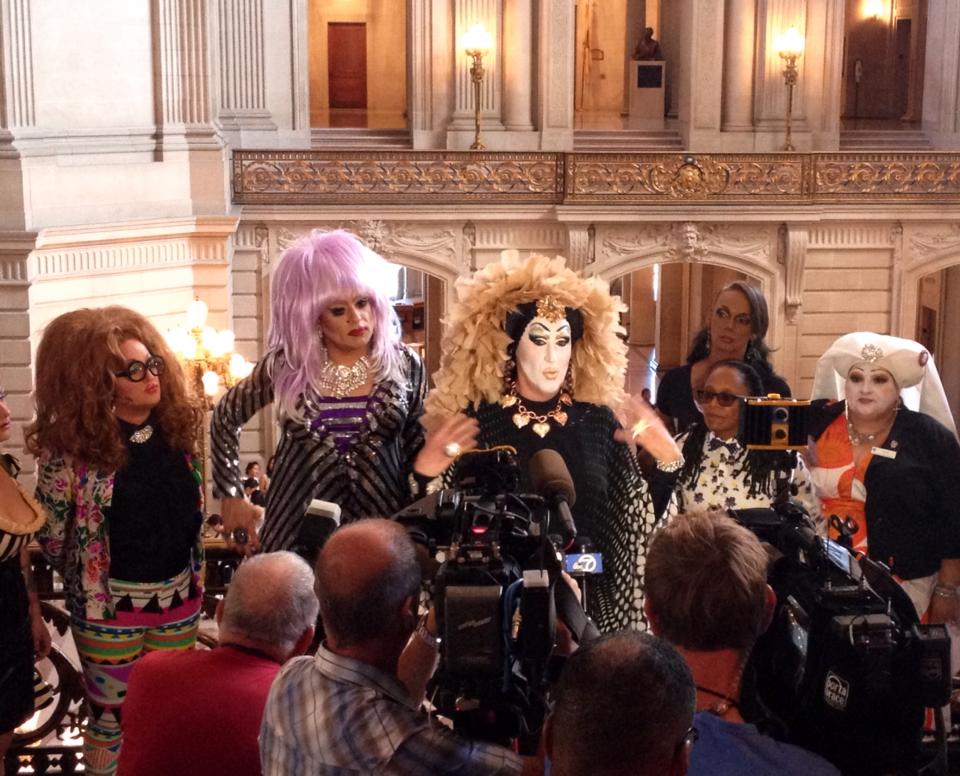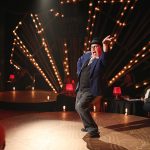
Ellen Page accuses film director Brett Ratner of homophobic abuse on the set of the 2006 film “X-Men: The Last Stand”
Out actor Ellen Page, best known for her Academy Award nominated role in the 2007 film Juno as well as many other film and television roles has written and posted a powerful essay on her Facebook wall about her own personal experiences working as a young actor in the industry and dealing with overt and humiliating sexual oppression, homophobia and harassment from directors and executives.
Her opening sentence is chilling:
“You should fuck her to make her realize she’s gay.” He said this about me during a cast and crew “meet and greet” before we began filming, X Men: The Last Stand. I was eighteen years old. He looked at a woman standing next to me, ten years my senior, pointed to me and said: “You should fuck her to make her realize she’s gay.” He was the film’s director, Brett Ratner.
I was a young adult who had not yet come out to myself. I knew I was gay, but did not know, so to speak. I felt violated when this happened. I looked down at my feet, didn’t say a word and watched as no one else did either. This man, who had cast me in the film, started our months of filming at a work event with this horrific, unchallenged plea. He “outed” me with no regard for my well-being, an act we all recognize as homophobic. I proceeded to watch him on set say degrading things to women. I remember a woman walking by the monitor as he made a comment about her “flappy pussy”.
Ratner, 48 and the director of schlocky but successful films like the Rush Hour series, has long had a poor reputation in Hollywood as a serial “playboy” with a history of problematic encounters with women. In recent weeks several women in the entertainment industry including actors Natasha Henstridge and Olivia Munn have come forward to accuse him of harassment or sexual misconduct.
Page came out publicly several years after the incident in February of 2014 at a Human Rights Campaign event in Las Vegas.
Ellen Page continues:
I have been a professional actor since the age of ten. I’ve had the good fortune to work with many honorable and respectful collaborators both behind and in front of the camera. But the behavior I’m describing is ubiquitous. They (abusers), want you to feel small, to make you insecure, to make you feel like you are indebted to them, or that your actions are to blame for their unwelcome advances.
When I was sixteen a director took me to dinner (a professional obligation and a very common one). He fondled my leg under the table and said, “You have to make the move, I can’t.” I did not make the move and I was fortunate to get away from that situation. It was a painful realization: my safety was not guaranteed at work. An adult authority figure for whom I worked intended to exploit me, physically. I was sexually assaulted by a grip months later. I was asked by a director to sleep with a man in his late twenties and to tell them about it. I did not. This is just what happened during my sixteenth year, a teenager in the entertainment industry.
Look at the history of what’s happened to minors who’ve described sexual abuse in Hollywood. Some of them are no longer with us, lost to substance abuse and suicide. Their victimizers? Still working. Protected even as I write this. You know who they are; they’ve been discussed behind closed doors as often as Weinstein was. If I, a person with significant privilege, remain reluctant and at such risk simply by saying a person’s name, what are the options for those who do not have what I have?

Seattle area actress Misty Upham mysteriously died 3 years. She suffered from depression after sexual abuse, possibly at the hands of a Hollywood executive.
Later in the essay, Page name checks Misty Upham, the Native American actress and Seattle metro area resident who appeared in several major films including Tarantino’s Django Unchained and August: Osage County but who also fought for social justice causes before her shocking and mysterious death in 2014.
Misty Upham fought tirelessly to end violence against indigenous women, domestic workers and undocumented women. Misty was found dead at the bottom of a cliff three years ago. Her father, Charles Upham, just made a Facebook post saying she was raped at a party by a Miramax executive. The most marginalized have been left behind. As a cis, white lesbian, I have benefited and have the privileges I have, because of these extraordinary and courageous individuals who have led the way and risked their lives while doing so. White supremacy continues to silence people of color, while I have the rights I have because of these leaders. They are who we should be listening to and learning from.
Page goes on to mention she regrets acting in a film for Woody Allen (who was accused of molesting his daughter but never charged) and concludes her essay by praising everyone for speaking out against abuse and trauma.
This is a long awaited reckoning. It must be. It’s sad that“codes of conduct” have to be enforced to ensure we experience fundamental human decency and respect. Inclusion and representation are the answer. We’ve learned that the status quo perpetuates unfair, victimizing behavior to protect and perpetuate itself. Don’t allow this behavior to be normalized. Don’t compare wrongs or criminal acts by their degrees of severity. Don’t allow yourselves to be numb to the voices of victims coming forward. Don’t stop demanding our civil rights. I am grateful to anyone and everyone who speaks out against abuse and trauma they have suffered. You are breaking the silence. You are revolution.
Posted earlier today (Friday, November 10, 2017) the actress’s words have already been seen by thousands of readers and shared nearly 35k times.


